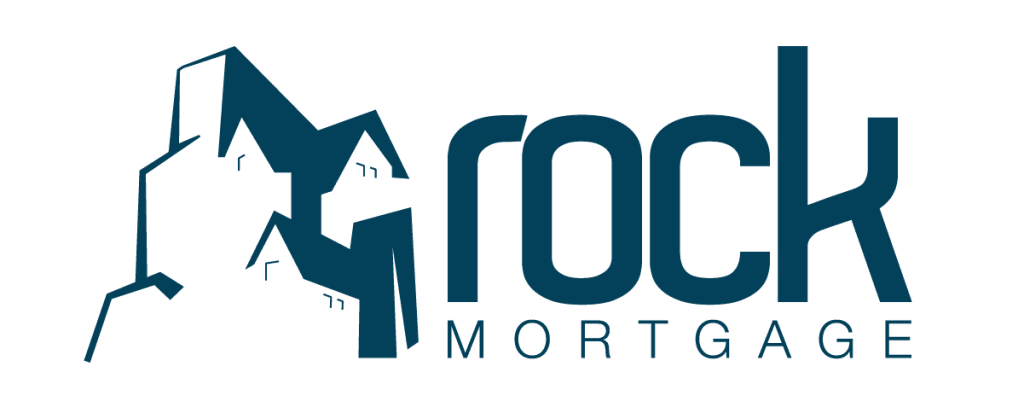
Buying your first home can be an exciting but intimidating experience. It’s likely one of the largest purchases you’ll make in your life, so it’s important to budget and prepare adequately so that you maintain a cushion in your savings and don’t expose yourself to too much risk. Below, we’ll be discussing some tips on what to leave room for in your budget and how to save and allocate money for your first home purchase to minimize stress throughout the experience.
Offer the Right Down Payment
One of the most important sums of money you’ll pay when purchasing your first home is a down payment. This is the amount you pay upfront, usually on the day you close on your home. The lowest down payment you can offer for a conventional mortgage is 3%, although most lenders require at least 5% of the purchase price.
Many homebuyers opt to put down 20% or more. While this seems like a lot, it helps you avoid having to pay for Private Mortgage Insurance (PMI) — a monthly fee you’ll have to insure your loan because of the minimal risk you take on with a small down payment — it can often bring down your interest rate, and it ultimately saves you money on interest paid over the life of the loan.
Of course, you’ll have to optimize your down payment based on your budget and other expenses, but remember that larger down payments tend to benefit you more in the long run.
Remember the Closing Costs
Some homebuyers forget to consider closing costs, which are additional fees you’ll pay on top of your down payment at the closing table. Closing costs can include quite a few different fees, including mortgage origination fees, prepaid taxes, title filing fees, insurance premiums, and more.
The average homebuyer’s closing costs are between $5,000 and $15,000, or around 3 to 6% of the purchase price. Be sure to account for these fees when budgeting, or you’ll be unpleasantly surprised at the closing table. You can ask your lender for estimated closing costs fairly early on in the homebuying process, but be sure to check for updates leading up to closing, as amounts due can change and potentially throw off your budget.
Consider Your Moving Costs
It’s easy to get wrapped up in mortgage fees and down payments and forget about the cost of actually moving. If you’re planning on hiring movers, you can expect to pay an average of $2,000 if your move is less than 100 miles or up to around $5,000 or more if your trip is longer. If you have a lot of belongings or you need the moving team to pack everything before moving it, you could be looking at substantially higher costs.
Of course, you can save quite a lot of money on moving costs if you have friends or family members help. However, you should still budget for packing materials like boxes, markers, and tape, as well as truck rental fees and gas to get to your new home. These expenses can easily reach over $1,000 even with DIY moving, so you’ll want to consider these costs and budget accordingly.
Think About Ongoing Expenses As Well
Your expenses aren’t all taken care of at the closing table, and once you purchase your home, you’ll be responsible for paying your mortgage, property taxes, and PMI if your down payment is lower than 20%. Make sure you speak with your mortgage lender so that you fully understand your monthly responsibility. You can set up automatic payments in most cases to avoid any mishaps, but you’ll still need to ensure the money is in your account every month to cover your mortgage.
Plus, you’ll need to pay for utilities and property upkeep each month. It’s wise to budget ahead for electricity, water, natural gas, and oil so that there are no surprises when your bills come due each month. If you plan to pay for landscaping services or cleaning services, make sure to include those costs in your budget.
You might also find yourself in need of appliance or home system repair, depending on the age and condition of your property. These things can be challenging to budget for, given that you never know when one will need servicing. You can search for the best home warranty in your area to cover damages to these items to minimize your ongoing repair costs and budget more effectively.

